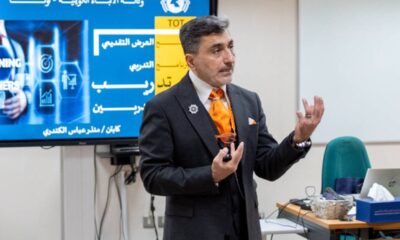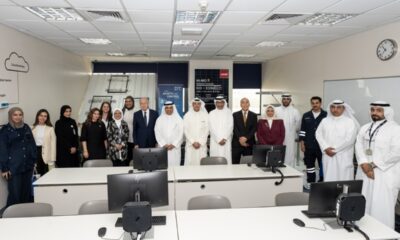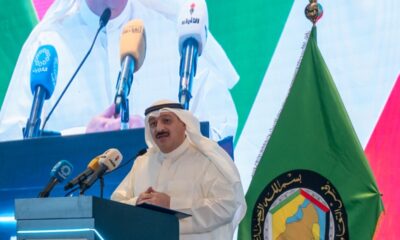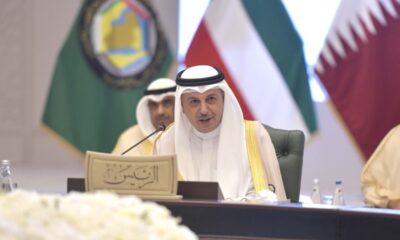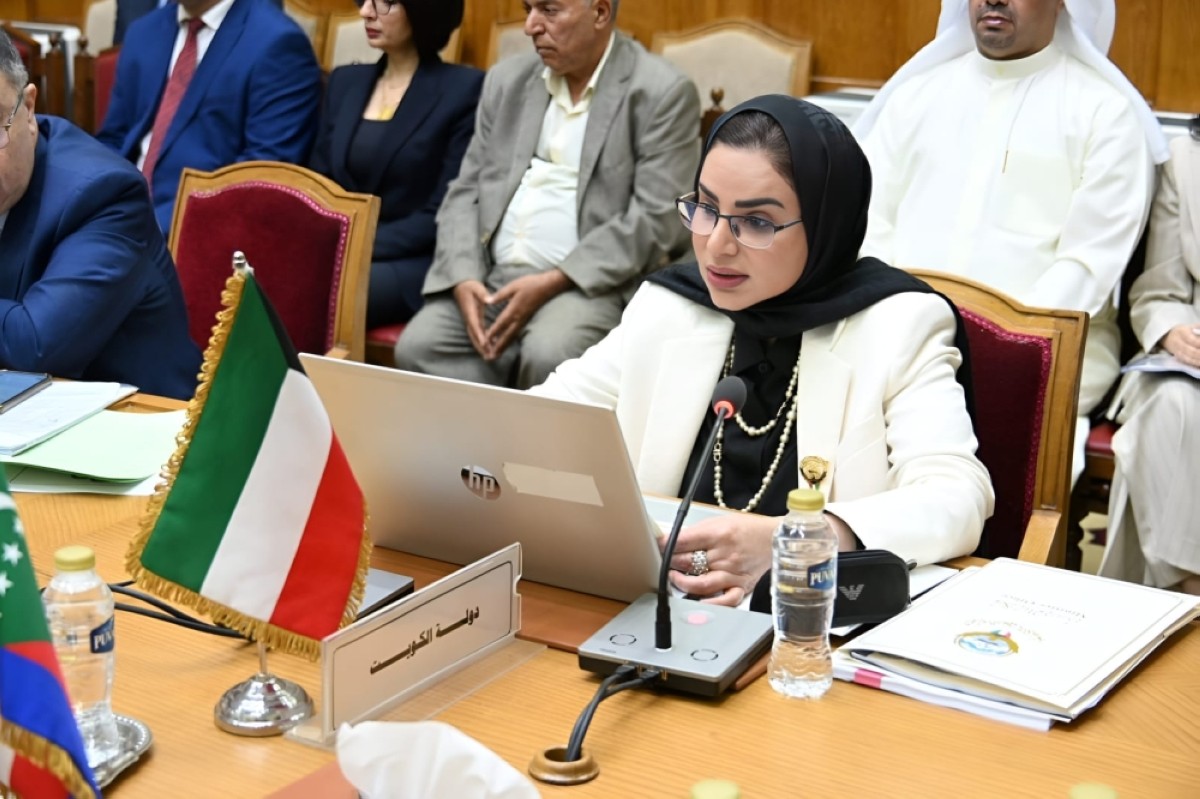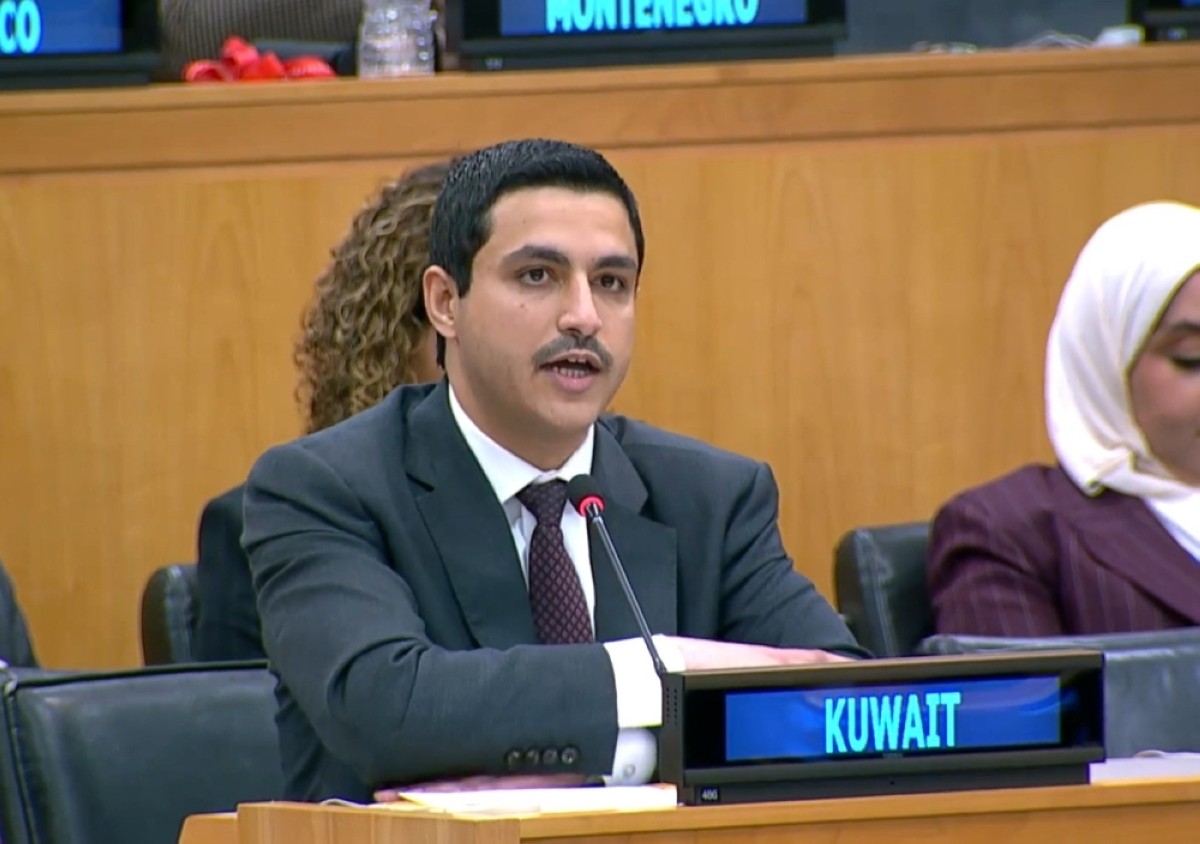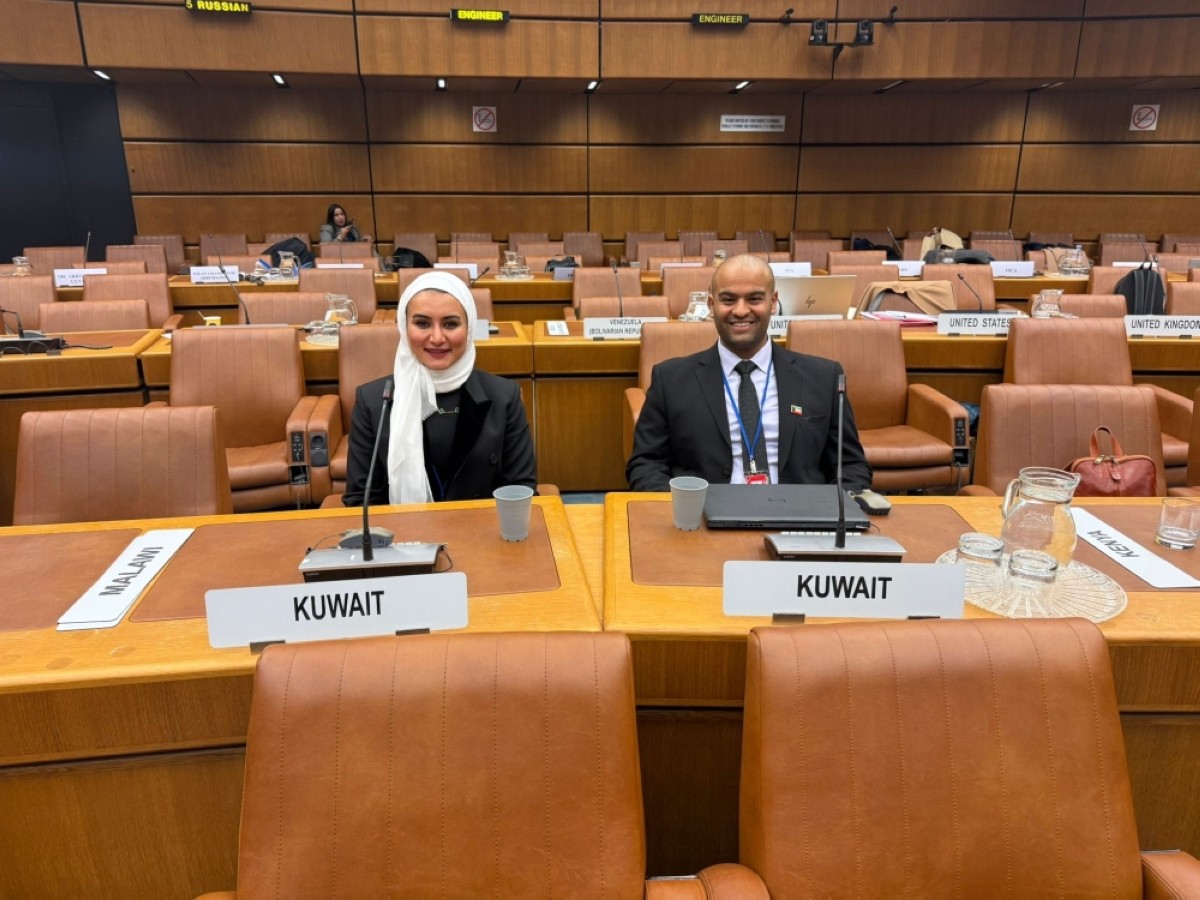KUWAIT: The Executive Office of the Gulf Cooperation Council (GCC) Ministers of Labor and Social Affairs announced Thursday the launch of a life quality index for seniors in the GCC, a tool designed to monitor services and policies for older adults across the region. The announcement came during a Gulf-focused panel discussion organized by Kuwait’s Ministry of Social Affairs, titled “Quality of Life for Older Adults in the Gulf States”, held at the National Library of Kuwait in collaboration with the GCC Executive Office and the GCC Statistical Center. The initiative is in line with decisions made by GCC Ministers of Social and Development Affairs.
The index aims to provide “an accurate knowledge base to help develop social policies and measure the effectiveness of programs and initiatives in meeting the needs of seniors,” aligning with Gulf strategies to enhance quality of life for all segments of society.
The first session of the panel explored global experiences in senior life quality, featuring speakers including Dr Fatemah Bendhafari from Kuwait’s Ministry of Health, Dr Sara Salman from UNESCWA, Dr Maha Al-Sejari from Kuwait University and Dr Rasha Al-Faiz from the GCC Health Council.
The speakers stressed the importance of adopting best international practices in integrated healthcare, implementing innovative policies that support senior independence, and encouraging their active social participation. They also highlighted that addressing population changes in the region requires coordination between health and social systems, with a focus on mental health as part of overall senior well-being.
The second session focused on “Senior Life Quality in the GCC – Reality and Challenges”, with contributions from Ali Al-Falaiti of the Gulf Statistical Center, Dina Al-Kaabi of the Doha International Family Institute, Dr Jassim Al-Kandari of Kuwait’s Ministry of Social Affairs, and social work specialist Dr Hadi Mokhtar.
The session emphasized the need for unified statistics to establish a precise Gulf methodology for measuring the index, explored ways to empower seniors through family policies, and reviewed key GCC policies addressing social and demographic challenges.
Speakers noted that GCC countries have made significant strides in improving senior life quality, drawing on Islamic values and international commitments. They highlighted national legislation that ensures senior rights and dignity, as well as specialized agencies dedicated to their welfare.
The panel concluded with several recommendations, including forming a working group among member states to align and update national legislation on senior rights with international standards and Sustainable Development Goals. They also called for annual monitoring of the GCC senior life quality index in partnership with the GCC Statistical Center, launching joint initiatives to increase senior participation in social, cultural and volunteer activities, and coordinating with the GCC Health Council on programs supporting post-retirement volunteering and social integration. The panel’s recommendations will be submitted to the GCC Social Affairs Experts Committee before being presented to the relevant ministers. — KUNA
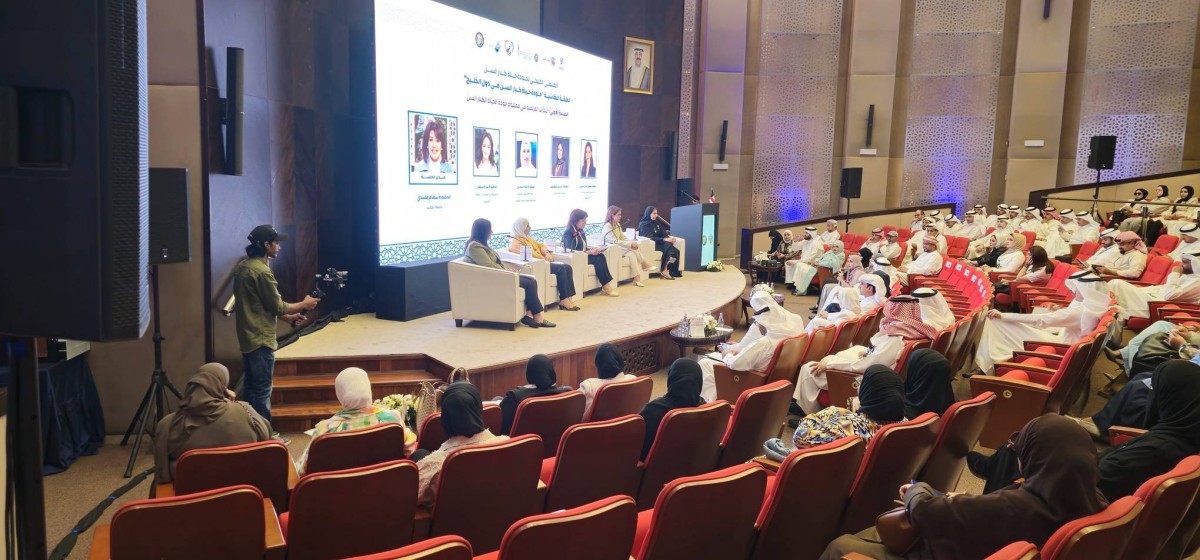

 Politics23 hours ago
Politics23 hours ago
 Politics13 hours ago
Politics13 hours ago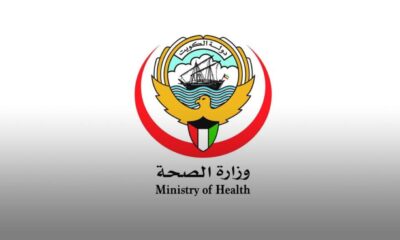
 Latest News24 hours ago
Latest News24 hours ago
 Latest News20 hours ago
Latest News20 hours ago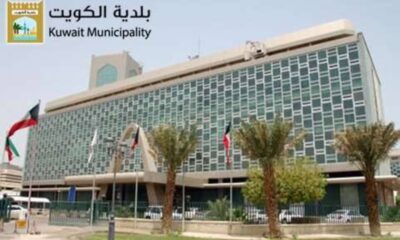
 Latest News23 hours ago
Latest News23 hours ago
 Latest News12 hours ago
Latest News12 hours ago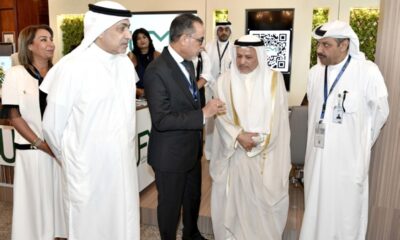
 Latest News22 hours ago
Latest News22 hours ago
 Latest News14 hours ago
Latest News14 hours ago

